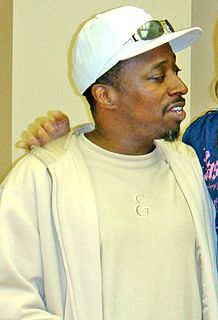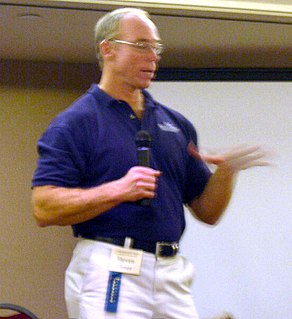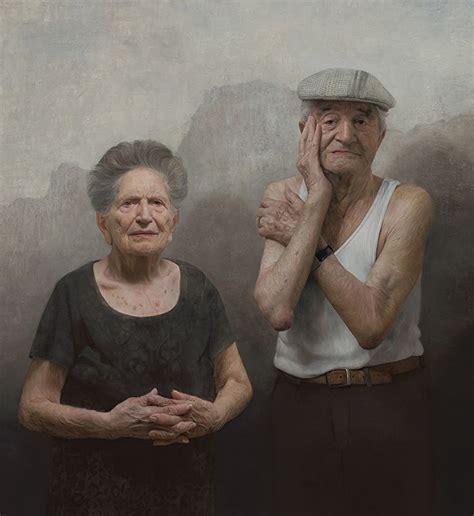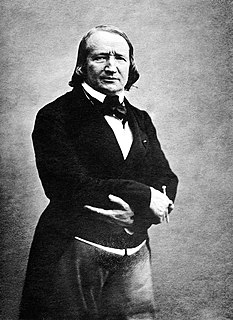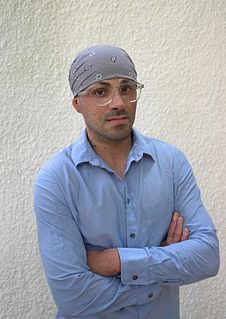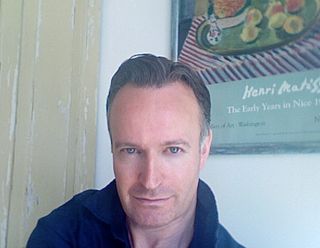A Quote by Shervin Pishevar
There was a time when events that define the human condition were subject to very limited and time-delayed analysis. In the 21st Century and beyond, however, the human condition is subject to real-time, overwhelming analysis and dissection.
Related Quotes
The real debate about both the horrific inequality in the world and about the terrorism and frightening instability in the world requires analysis of the differences in upset-adaption or alienation-from-soul between individuals, races, genders, generations, countries, civilisations and cultures, but until the human condition could be explained and the upset state of the human condition compassionately understood and thus defended that debate could not take place.
Real anatomy exists in three dimensions, so any time you can view anatomical data in 3D, you'll have a much more accurate picture of the subject, ... Even multiple two-dimensional CT slices can never allow you to understand a subject's dental condition as quickly or as accurately as a quality 3D visualization.
It is an understatement to say that the time has arrived for a serious and open international dialogue regarding the possibility of future interplanetary relations. In no other area of human experience has so much evidence existed for so long, and yet been attended by such a paucity of serious research and analysis - at least in the civilian domain. While the subject matter of UFOs itself is extraordinary, it is the absence of a serious human response to it that is most extraordinary.
I want my paintings to give the viewer a true sense of reality - that includes but is not limited to depth, scale and a tactile surface as well as the real sense of what the subject looks like and is feeling at the time that I painted them. There should be a discourse between the viewer and the subject, to feel as though they are in a way connected. My goal is not to set a narrative but rather to have the viewer bring their own experiences to the painting and the subject as they would if they had seen the subject on the street in real life.
Accordingly, we find Euler and D'Alembert devoting their talent and their patience to the establishment of the laws of rotation of the solid bodies. Lagrange has incorporated his own analysis of the problem with his general treatment of mechanics, and since his time M. Poinsôt has brought the subject under the power of a more searching analysis than that of the calculus, in which ideas take the place of symbols, and intelligent propositions supersede equations.
The human condition comprehends more than the condition under which life has been given to man. Men are conditioned beings because everything they come in contact with turns immediately into a condition of their existence. The world in which the vita activa spends itself consists of things produced by human activities; but the things that owe their existence exclusively to men nevertheless constantly condition their human makers.
The study of social progress is to-day not less needed in literature than
is the analysis of the human heart. We live in an age of universal
investigation, and of exploration of the sources of all movements.
France, for example, loves at the same time history and the drama,
because the one explores the vast destinies of humanity, and the other
the individual lot of man. These embrace the whole of life. But it is the
province of religion, of philosophy, of pure poetry only, to go beyond
life, beyond time, into eternity.
All philosophers make the common mistake of taking contemporary man as their starting point and of trying, through an analysis of him, to[21] reach a conclusion. "Man" involuntarily presents himself to them as an aeterna veritas as a passive element in every hurly-burly, as a fixed standard of things. Yet everything uttered by the philosopher on the subject of man is, in the last resort, nothing more than a piece of testimony concerning man during a very limited period of time.
What I found interesting in dance is the idea that my work has always been dealing with the nervousness between the human subject as a subject and the human subject as a form. And if you look at my dance films, there are always these cuts between the dancer as a form, the dancer as a subject, and this kind of very harsh treatment of the dancer as someone who's actually drawing with their body.

